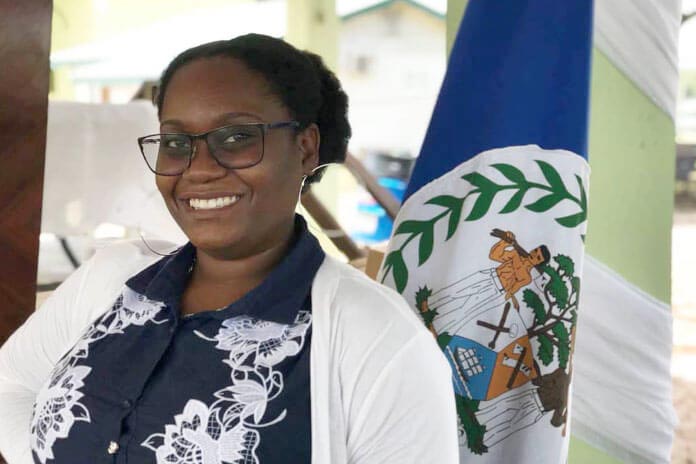“I, therefore, ask the Congress above and beyond the increases I earlier requested for space activities to provide the funds which are needed to meet the following national goals. The first, I believe that this nation should commit itself to achieving the goal before this decade is out of landing a man on the moon and returning him safely to the earth. No single space project in this period will be more impressive to mankind or more important for the long-range exploration of space, and none will be so difficult or expensive to accomplish.” — President John Kennedy, 1961
I struggled to write last week, because I was struggling to understand several regional geopolitical and national issues that were suddenly and forcefully coming to the fore. The first is the 11th amendment, whose timing makes us assume that it is a direct jab at the Member of Parliament for Mesopotamia. The amendment seeks to bar those who have spent time imprisoned anywhere on earth for whatever reason from seeking public office. If I look at it for face value that panders to respectability politics, this sounds like a progressive law, right, because who would want a criminal to sit in what is supposed to be our most respected institution? The problem I have with the amendment is that it does not account for our lethargic justice system under which 30% of our prison population are on remand and not convicted and it doesn’t account for the inequitable way in which law is applied to citizens who sit at different levels on the socioeconomic ladder. It shows me that once again we are not only a low-energy economy that makes change only in response to crises, but worse, focuses its energies on deepening people’s apathy toward participating in state life and citizenship. Now, I must put on the record that I am not a sympathizer of the MP for Mesopotamia, and more importantly that I cannot align his experiences with that of the young people from places like where I come from. The member enjoys proximity to power that has coddled and enabled him to ascend in public life within the relatively short time that he did. This is precisely why the issue is larger than he is; we have to shine the light on where this matters most.
Amid a worsening climate emergency, and the assassination of a problematic CARICOM leader, I was reading an article entitled, “When Blackness is a Preexisting Condition” that examined the relationship between race, socio-economic class and state-sponsored emergency support mobilizations. The jarring quote from it was, “when a crisis disproportionately hurts those who are already structurally marginalized, the structural neglect of these factors further entrenches preexisting inequalities. Such failures weaken even what’s ‘good’ about the occasional solidarity and creativity that come in conditions of broad social distress.” So yes, I would love to tell my political science lecturers that Belize has enacted a law that ensures that criminals are not elected, but I also have to ponder whether real criminals are being caught in the gill net. I have to question how the letter of the law is applied to families that are one misstep away from indigence as opposed to families whose children can literally afford to make mistakes. That MP could afford to make mistakes, even quite recent ones; many of us don’t get that luxury.
I’ve said before that Belize is a punitive state, one whose budgetary policy tells me that it much prefers jailing me rather than tilting the social protection market in a way that is contextually relevant and gives me the best chance at learning to be a good citizen. There’s much to ponder when Youth Support Services gets $3.1 million in recurrent expenditure with a programmatic budget of just over 300,000 dollars and Prison Services gets $6.4 million in recurrent expenditure. There’s much to ponder when the Community Youth Development Program under the Ministry of Human Development gets $185,000 while Community Policing and Crime Prevention (the latter of which by the recent profiling case against the Belize Police Department has proven to target primarily Black men) gets a whopping 56 million dollars. Criminality, at least in our context, is more often than not a reflection of our societal priorities, of the hard things we refuse to address. It’s the mirror looking right back at us. There are more young people outside of prison than there are inside of prison.
When President Kennedy in the early 1960s wanted to have his country be the first to go to the moon, he gave an impassioned speech to Congress to provide the funds for this futuristic goal. Mission-based budgeting was the premise of that goal. He said, “one will be so difficult or expensive to accomplish.” I say the same today: nothing will be more expensive than our age-old practice of and commitment to perpetual punishment and our repugnant approach to meaningful rehabilitation. It will eclipse debt like the infamous Superbond and have it look like that legend on the old Belizean shilling, “sow and reap.”
“Boss, it’s all about the Gs that we love, but they don’t love us back…You know what Gs mean, right? It’s about money, but it’s more than that.”— Like Bush Fire, 2010

